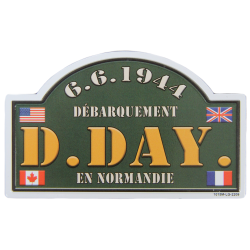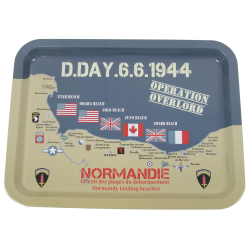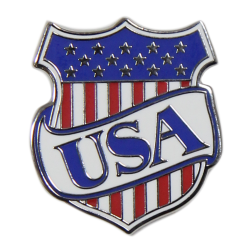Best sellers
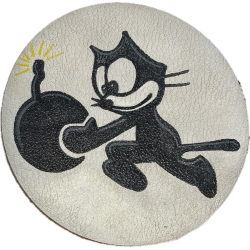
Chest Insignia, VF-3, US Navy, Leather
Superb reproduction of the chest badge of the US Navy VF-3 squadron, hand-painted on a piece of leather. Activated on July 1, 1935, it is one of the US Navy attack squadron. It took part in numerous campaigns in the Pacific, including Midway, Guadalcanal and the Philippines. Operating from US Navy aircraft carriers, it flew the F4F Wildcat and then, from 1943, the F6F Hellcat. This insignia (12.5 cm in diameter) was worn by Navy pilots on the G-1 jackets.
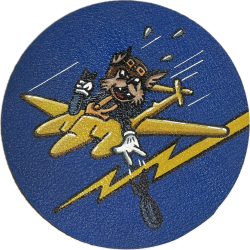
Chest Insignia, 430th Fighter Squadron, 474th Fighter Group, 9th Air Force, Leather
Superb reproduction of the chest badge of 430th Fighter Squadron, 474th Fighter Group, 9th Air Force, hand-painted on a piece of leather. Activated on August 1, 1943, it became one of the three fighter squadrons of the 474th Fighter Group, equipped with P-38 Lightnings (fuselage code K6 in a circle). After several months of intensive training in the Mojave desert, the squadron reached England in February-March 1944, where it was assigned to the 9th Air Force. This large insignia (13 cm in diameter) was worn by P-38 pilots on their A-2 jackets.
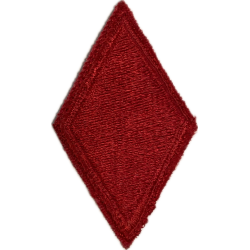
Patch, 5th Infantry Division
Genuine WWII shoulder sleeve insignia of the 5th Infantry Division 'Red Diamond' which landed on Utah Beach July 9, 1944. Campaigns: - Normandy, Utah Beach, July 9, 1944. - France. - Lorraine. - Battle of the Bulge. - Czechoslovakia.
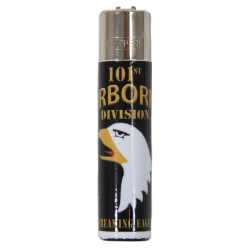
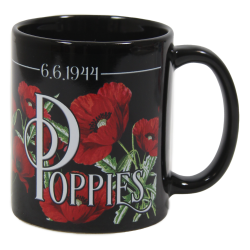
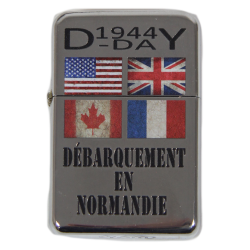
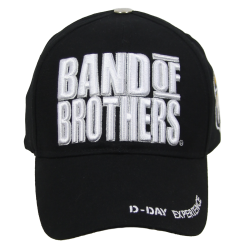
Cap, Baseball, Band Of Brothers
Black baseball cap embroidered with Band Of Brothers on the front and D-Day Experience on the peak. 100% cotton, ventilation eyelets, pre-shaped peak, one size fits all. The size can be adjusted at the back of the cap by velcro.
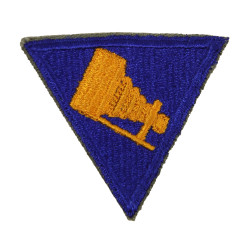
Patch, Photographer Specialist, USAAF
Genuine WWII USAAF sleeve insignia for photographer Specialist. This badge was to be sewn 4 inches above the bottom of the right sleeve (Service Dress) and on the left chest (working clothes).
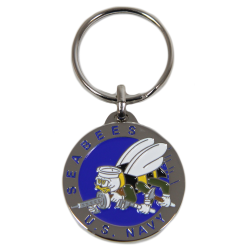
Key Ring, Seabees.
Keyring with the insignia of the Construction Battalions ‘Seabees’ of the US Navy. This unit was created in response to the need for a naval construction force that could operate on two separate fronts. A large proportion of its members came from the construction industry. In all, more than 258,000 men and women served in this engineering unit.




